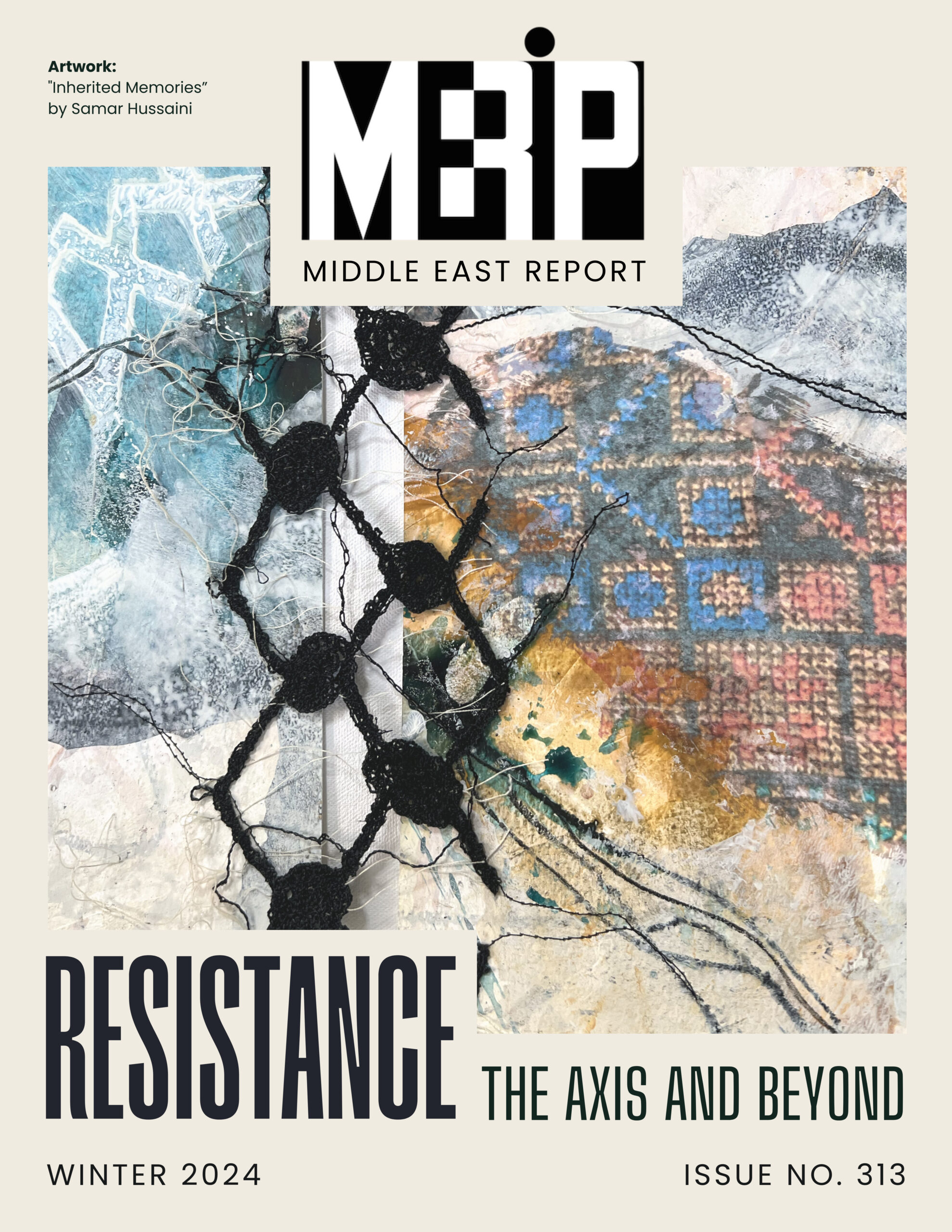IN THIS ISSUE:
Slahi, Guantanamo Diary
Mohamedou Ould Slahi’s Guantánamo Diary is a powerful indictment of the cruel regime of torture at the heart of darkness that is the prison camp at Guantánamo Bay.
Migrant Workers and the US Military in the Middle East
Over the past 15 years, the United States has waged two major land wars in the greater Middle East with hundreds of thousands of ground troops. Shadowing these armies and rivaling them in size has been a labor force of private contractors. The security company once called Blackwater has played an outsize role in the wide-ranging debate about the privatization of war and attendant concerns of corruption, waste and human rights abuses. But this debate has also largely overlooked a crucial fact: While Blackwater was founded and largely staffed by retired US military personnel, the vast majority of the overseas contractor work force is not American.
Status-less in Cyber City
When refugees from the Syrian war first began to stream into Jordan, the Jordanian Ministry of Interior registered the newcomers and placed them in the care of families, under the kafala system, mainly in the capital of Amman. The kafala or guardianship system has roots in Bedouin customs, but in modern times the term refers to how many Arab states handle migrant workers. A citizen or a company, known as a kafil, sponsors the migrant for a work visa and residency permit. At first this system accepted everyone, regardless of nationality or legal status—including 55 Palestinian families coming from Syria.
Send My Regards to Your Mother
I.
I sometimes refer to my college years in Saudi Arabia as “doing time.” But early in those years I did some time that almost did me in—and my mother, too.
I had spent high school in Bahrain as a boarder. My father pressured me to attend university near our house in Dhahran, where he worked as a contractor on the US military base.
CURRENT ANALYSIS
Sisi at the UN
The Next Round of an Unwinnable War Beckons
Once again, a U.S. president vows to eliminate an extremist militia in the Middle East to make the region, and Americans, safe.
And that means it’s time again for a reality check. Having failed in its bid to destroy the Taliban and al-Qaeda in Afghanistan, the United States is still trying to dismantle both organizations. Over the course of 13 years of war, that mission has spread to Syria, Iraq, Yemen, Somalia, Libya, Mali, and West Africa, as militant groups on two continents have adopted the al-Qaeda brand.
“Libya Is Not Safe for You If You Want to Speak Your Mind”
Hassan al-Amin is a long-time activist for human rights in Libya. He left Libya in 1983 under duress from the regime of Col. Muammar Qaddafi. In his London exile, al-Amin founded the dissident website Libya al-Mustaqbal (The Future Libya). He returned to his native city of Misrata in June 2011, in the midst of the rebellion against Qaddafi. Al-Amin was subsequently an independent member of Libya’s first elected parliament, the General National Congress (GNC), from Misrata and a member of the Human Rights and Civil Society Committee. He fled Libya again in March 2013.
LATEST ISSUES
FEATURED PRIMER

Primer: Palestine-Israel
Read the newest iteration of MERIP’s Palestine primer. Published in March 2025, and updated to reflect developments in the ten years since our previous primer, it provides an overview of key actors, organizations, historic events, political developments and diplomatic initiatives that have shaped the status and fate of Palestinians and the State of Israel from the late nineteenth century to the present.


